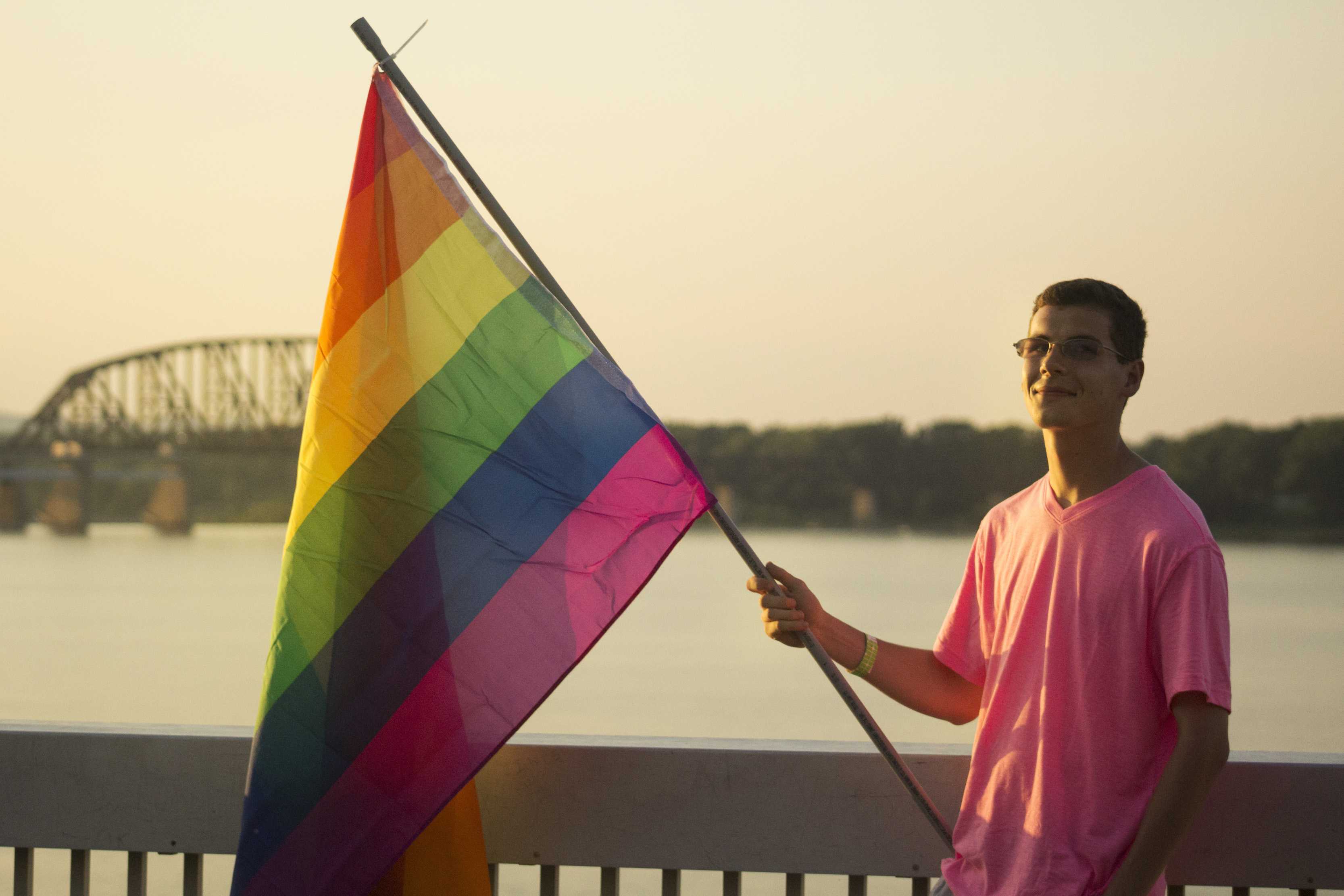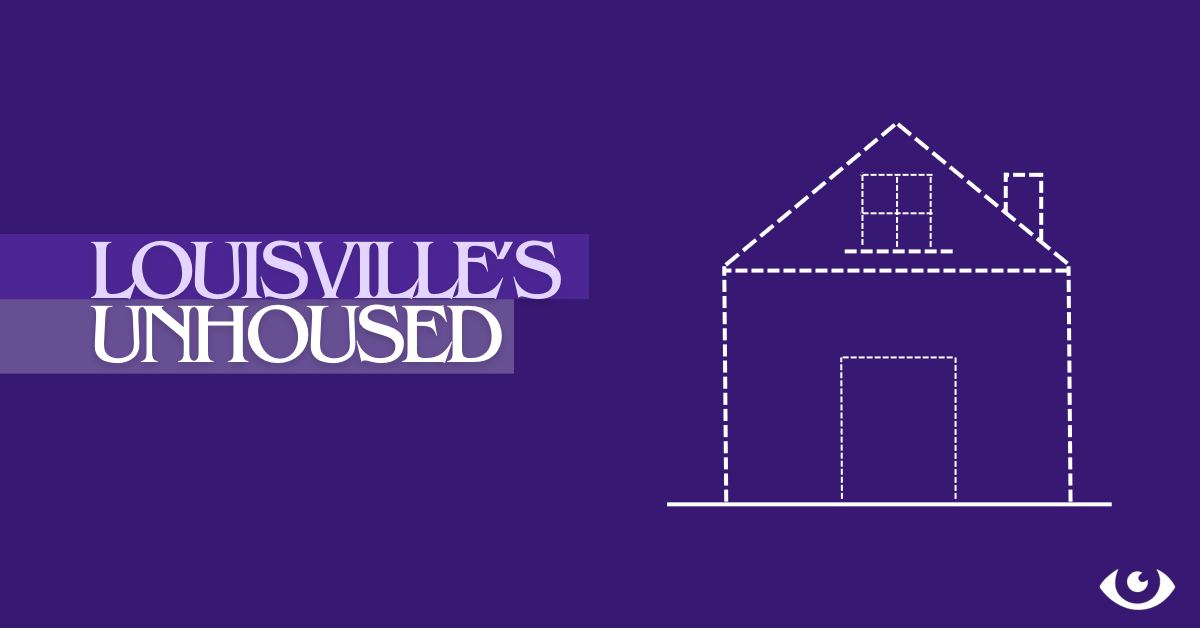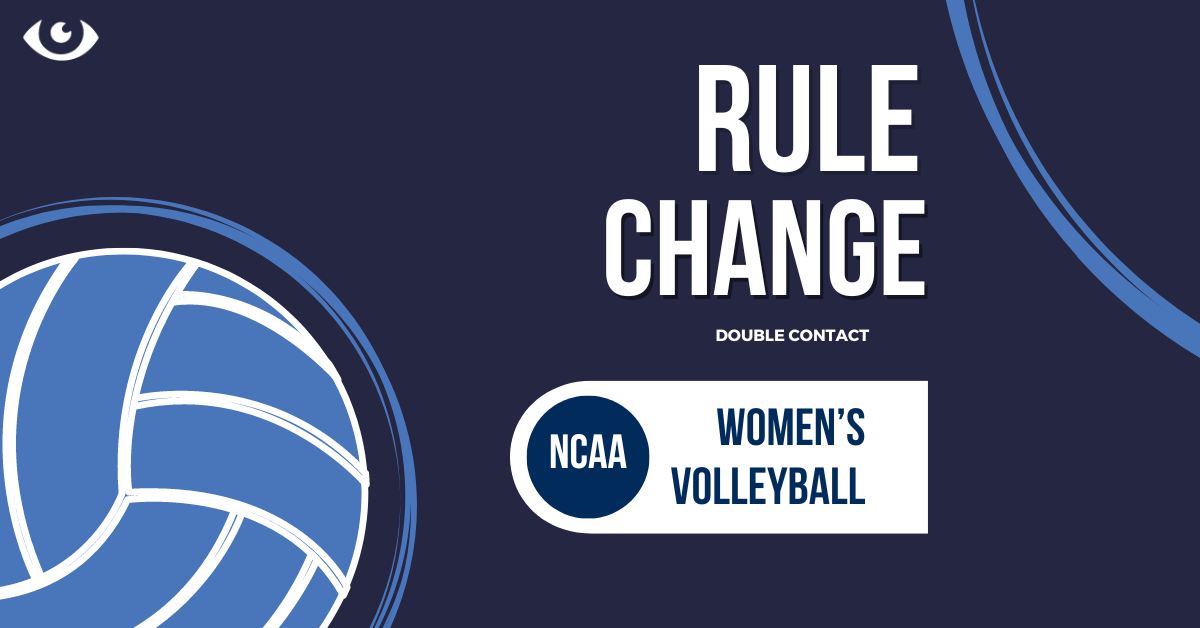Pride Month has come and with it, echoes of the calls that come every year. “What about straight pride?” Similar calls echo on March eighth and throughout February: “Where is the White History Month?” “Why is there no International Men’s Day?” (There is, it’s November 19th.) Many people who are not a part of marginalized groups feel that they, too, should have a designated time for recognition, in the same way that marginalized groups such as women, African-Americans and people of the LGBTQ+ community do. The goal of these types of comments often is to draw attention away from these celebrations of marginalized groups, because heaven forbid that a day go by in which a cishet, white male identity isn’t at the forefront. However, for those who protest saying, “That’s not why I’m doing it! I just feel that straight people deserve the same recognition that gays do!” I’m here to tell you that no, they don’t.
In some instances, these questions have a slightly legitimate base. Take for example Pride, the celebration of the LGBTQ+ community that takes place in June to honor the Stonewall riots. Certain members of the LGBTQ+ community can seem unwelcoming or exclusionary to straight people, even if said people are there to be allies, which can cause many people outside of the community to feel alienated or unwelcome at Pride events. This feeling of exclusion can lead to some allies possibly feeling like they need to create their own celebration. But in order to understand this it must be analyzed.
This exclusionary feeling may seem like it comes from “gatekeeping” ideologies, however, is often actually a defense mechanism to protect the LGBTQ+ community from situations in which straight people claiming to be allies invade safe spaces for the queer community and use them for their own satisfaction or fetishization. This year’s Manchester Pride, for example, has been highly controversial for its commercialization of the Pride Festival — charging a fee to get in — and exclusion of queer voices — featuring Ariana Grande as the headliner instead of one of many mainstream queer artists such as Panic! at the Disco, Troye Sivan or Hayley Kiyoko. Situations like these rightly lead members of the LGBTQ+ community to be on guard to non-members of the community, and while it is not necessarily an excuse for the behavior, it is an explanation that helps to understand the reasoning behind it.
As to why there is not a need for a straight or cisgender pride festival, I have some simple questions. Are straight people judged because of the gender of the person they are dating? Are they afraid to walk down the street holding hands with their significant other? Are cisgender people repeatedly called the wrong name on purpose because people refuse to accept who they are? Are they terrified to tell your family or closest friends about such an integral part of themself, something that they cannot change, because of fear of abandonment, disownment, or hatred? Exactly. Straight and cisgender people do not need a celebration for that part of their identity because they have not been discriminated against for it and are considered normal for it.
In relation to Black History Month, people justify their support for ideas such as a “white history month” by saying it is a celebration of culture and heritage. To put it bluntly, it’s just not. Celebrations of Irish, Italian, German, English, et cetera would be examples of celebrations of culture or heritage. “White History Month” is a celebration of the color of your skin. Now you may be thinking, “Hey, isn’t that the same as Black History Month?” which is an astute observation. However, context is very important. It must be understood that many people in the black community do not have knowledge or access to documents about the specifics of their ethnicity due to calculated and purposeful destruction of the cultures and languages of their ancestors. Because of this, they rally around an experience and knowledge they all have, the experience of being black in America. Whites in America have the ability to find out their specific ethnicity through relatively simple personal research. Therefore, a celebration of their culture would be a celebration of your ethnicity, and would not be related to the color of your skin.
Hopefully this has made many rethink their feelings on celebrations of certain identities. It is important to remember that the majority of these celebrations are to allow marginalized groups an opportunity to celebrate their identity. Non-marginalized groups have not experienced the same discrimination, and therefore do not require the same celebrations. If you hear someone arguing a need for any of these celebrations, remind them why their counterpart celebrations exist in the first place.







Stacey Roussell • Jun 7, 2019 at 7:35 am
That opinion was really nicely stated and thoughtful 🙂